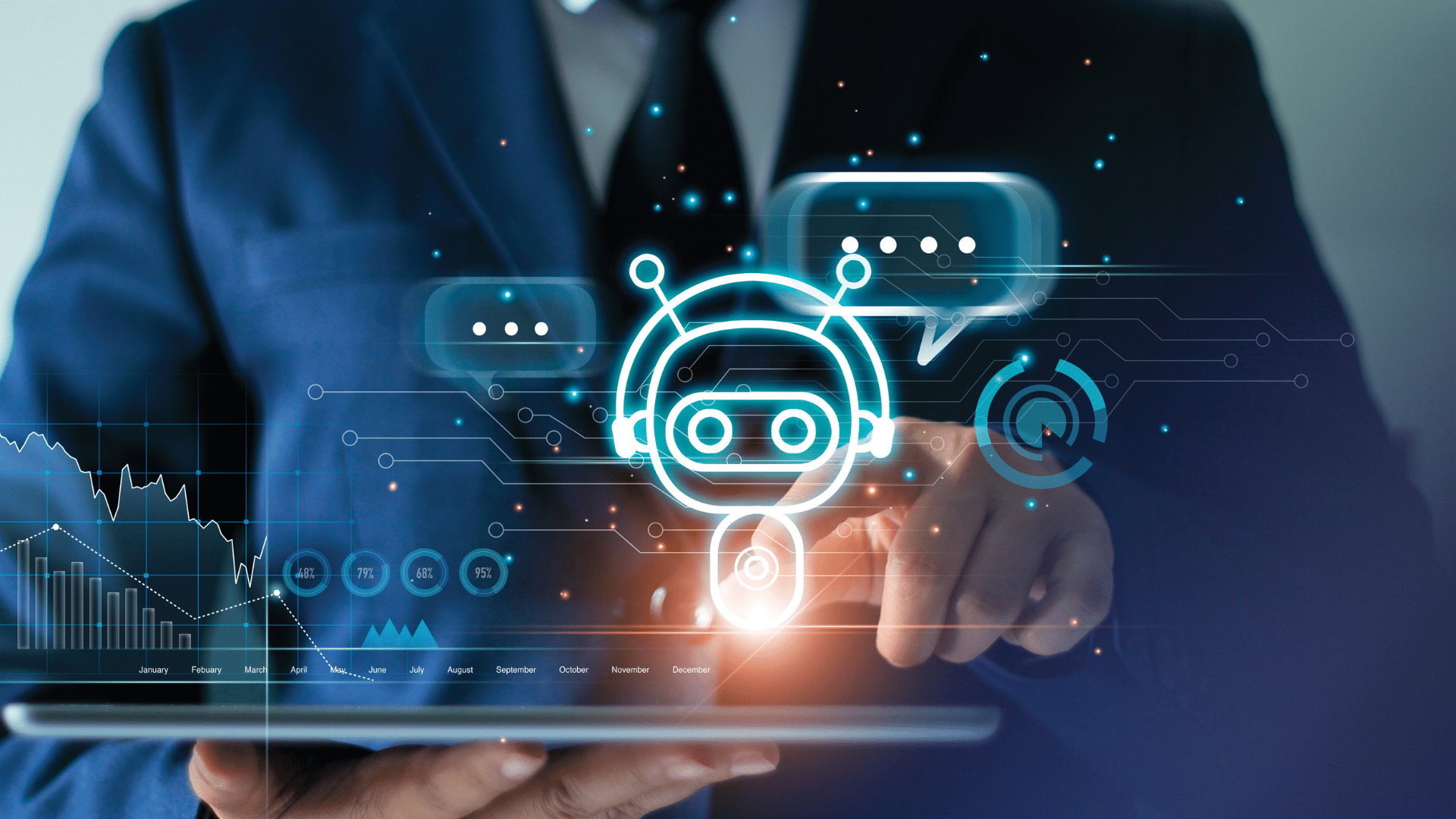Artificial intelligence (AI) is transforming almost every industry, and search engine marketing (SEM) is no exception. AI is being used in many aspects of SEM, from keyword research and ad targeting to campaign optimization and reporting.
How Is AI Being Used in SEM?
Google Ads and Microsoft Advertising have been using AI for quite some time. Here are ways in which AI has already been a part of SEM:
- Keyword Bidding/Smart Bidding: Determining the right bid for each keyword in a campaign (especially when you have many campaigns) is a daunting task. There’s competition, time of day, different devices, and other data points we can’t possibly account for. AI algorithms can take this task off your hands by dynamically adjusting bids based on real-time data, maximizing your return on investment.
- Smart Bidding takes this a step further, using Machine Learning (a subset of AI), which uses past data to inform current bids. Smart Bidding looks at the predictability of conversions to bid higher or lower on a given search to get a better Cost Per Acquisition (CPA) or Return on Ad Spend (ROAS).
- Ad Testing Done at Scale: Google and Microsoft can simultaneously test multiple ad variations, identify the highest-performing ones, and then adjust your ad rotation to favor these high performers. This sort of multivariate testing would be virtually impossible to perform manually at scale.
- Google’s Performance Planner uses Machine Learning to predict future trends, allowing you to adjust your PPC advertising strategy and budgets proactively.
How Is AI Transforming SEM Right Now?
There are many ways that AI is transforming SEM. Here are a few of the most notable ways:
- Keyword Research: Give a tool like Chat GPT or Google’s Bard some information like a webpage or description of a product, and ask it to generate keywords. While a human will need to review for relevance and add or remove from the list, the results generated by the AI tool(s) will be a good start on a keyword list.
- Ad Writing: Input some seed information into a tool like Chat GPT or Google’s Bard, and ask it to write ad copy. While not perfect, it can help an advertiser spark ideas or break through writer’s block. Remember that any content powered by AI requires a human review.
- Ad Images: A pain point for many advertisers is having strong image assets for ads. Using AI will allow for better image optimization, replacing backgrounds or updating for holidays. Google has recently released some generative AI imagery tools within the Google Ads platform that can take an existing image and alter it based on any descriptive text the user inputs. Long gone will be the days of timely, expensive product photoshoots every season. We are seeing this pop up in Performance Max campaigns in various accounts – if you haven’t seen it yet, it is coming. Sometimes really good and sometimes comical, having the ability to change backgrounds or combine products is very helpful.
- Campaign Optimization: AI can help marketers track the performance of their campaigns and identify areas for improvement. This can help marketers make better decisions about their campaigns and improve their results.
- Reporting: AI tools can help marketers generate reports that are more accurate and insightful and in a faster amount of time. This can help marketers track the performance of their campaigns and make better decisions about their SEM strategy.
How Is AI Impacting the Future of SEM?
As AI continues to develop, it is likely to have an even greater impact on SEM in the future. Here are a few of the ways that AI is expected to impact SEM:
- Personalized Search Results: AI will be used to personalize search results for individual users. This will make it easier for users to find the information they are looking for, and it will also help marketers reach their target audience more effectively.
- Voice Search: AI will be used to power voice search. This is a growing trend, and it is expected to have a major impact on SEM in the future.
- AI-Powered Tools: We expect to see a growing number of AI-powered tools available to help marketers with their SEM campaigns. These tools will make it easier for marketers to automate tasks, track performance, and make better decisions.
AI is having a major impact on SEM, and it is only going to become more important in the future. Spend time playing with AI tools both in the Google and Microsoft Ads interfaces, as well as external tools like Bard and ChatGPT. By embracing AI, marketers can improve their campaigns and reach their target audience more effectively.



